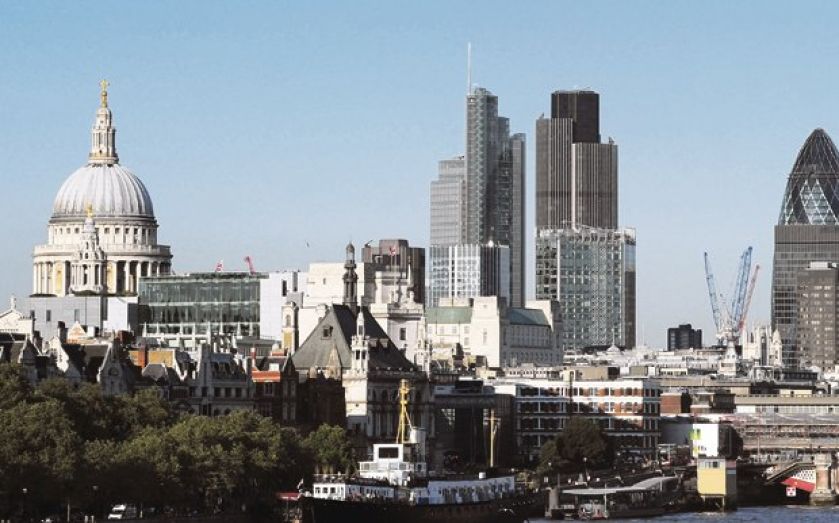Devo max is a cheap last-gasp offer – but a federal UK may be the happy result

WHATEVER the outcome of next week’s referendum on Scottish independence, of one thing we can be sure: the constitutional settlement that had helped make the Union such a success for 300 years will be tainted.
This settlement had just about held together after devolution. However, many of us in the other Home Nations have been dismayed by the desperate promises of recent days to give the Scots ever more new powers in a last-gasp attempt to keep the UK together. Such rushed, short-termist thinking is no way to conduct constitutional change. In truth, it will guarantee that the issue of Scottish independence will linger long after 18 September. Meanwhile, the creeping resentment from England, Wales, and Northern Ireland – not to mention London and the regions – may well boil over if so-called devo max follows a No vote. Indeed, London’s claim for more powers is arguably much stronger than Scotland’s, with near double the population alongside a far more successful economy with greater international reach.
The constitutional muddle left by devolution (a process which Labour naively hoped would kill dead Scottish nationalism) has left us with many now-familiar inequities. MPs from Edinburgh and Cardiff have been able to vote on health and education policies affecting Londoners and Mancunians, but not affecting their own constituents in this sphere. Under the Barnett formula, residents of Scotland have had much more spent on their healthcare and education than do my constituents. Scotland merits a parliament, Wales and Northern Ireland only enjoy an assembly, while England is left unrepresented in the devolved UK.
The last Labour government was happy to leave those inequities unaddressed, since it had most to gain from dangling a messy proposal for devolution, alongside House of Lords reform, to prospective voters in 1997. Conservatives, meanwhile, shied away from promoting English votes for English laws, lest this proudly unionist party be seen as cynical and negative on both sides of the border. It is unthinkable, however, that this uneasy bargain could continue were Scotland to be given yet more say over its governance.
It may then prove necessary to consider an option I have long advocated: four, full, national parliaments in England, Scotland, Wales and Northern Ireland, with all the existing powers of the House of Commons, and over them a federal UK parliament, which would debate defence and foreign affairs, make treaties, and administer a cohesion fund for the poorer parts of the UK, funded by a per capita GDP levy on the national parliaments. There would be no need for extra politicians, as the national parliaments would simply send representatives to the UK parliament and meet together for its debates, which could be held in the old House of Lords chamber.
This proposal also cuts the Gordian knot of House of Lords reform (we would become unicameral within the federal set-up) and provides an equitable structure that respects national differences. It would also strengthen the ties that unite us as a nation of equals. It might even prove just the medicine to reinvigorate British politics and restore the reputation and legitimacy of MPs.
This is, of course, a bold suggestion. But then the cheap, last-gasp offer of devo max might prove the catalyst for a constitutional overhaul perhaps even more radical than Scottish independence itself. Either that or the political class will once again complacently let resentments burn in an uneasy marriage of nations, the cost of which will surely be an increasingly alienated and disillusioned electorate.